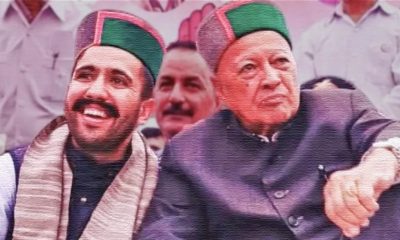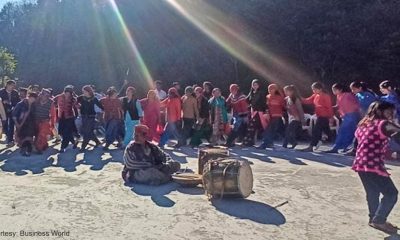Nation
Govt Allows States/UTs to Open Certain Categories of Shops
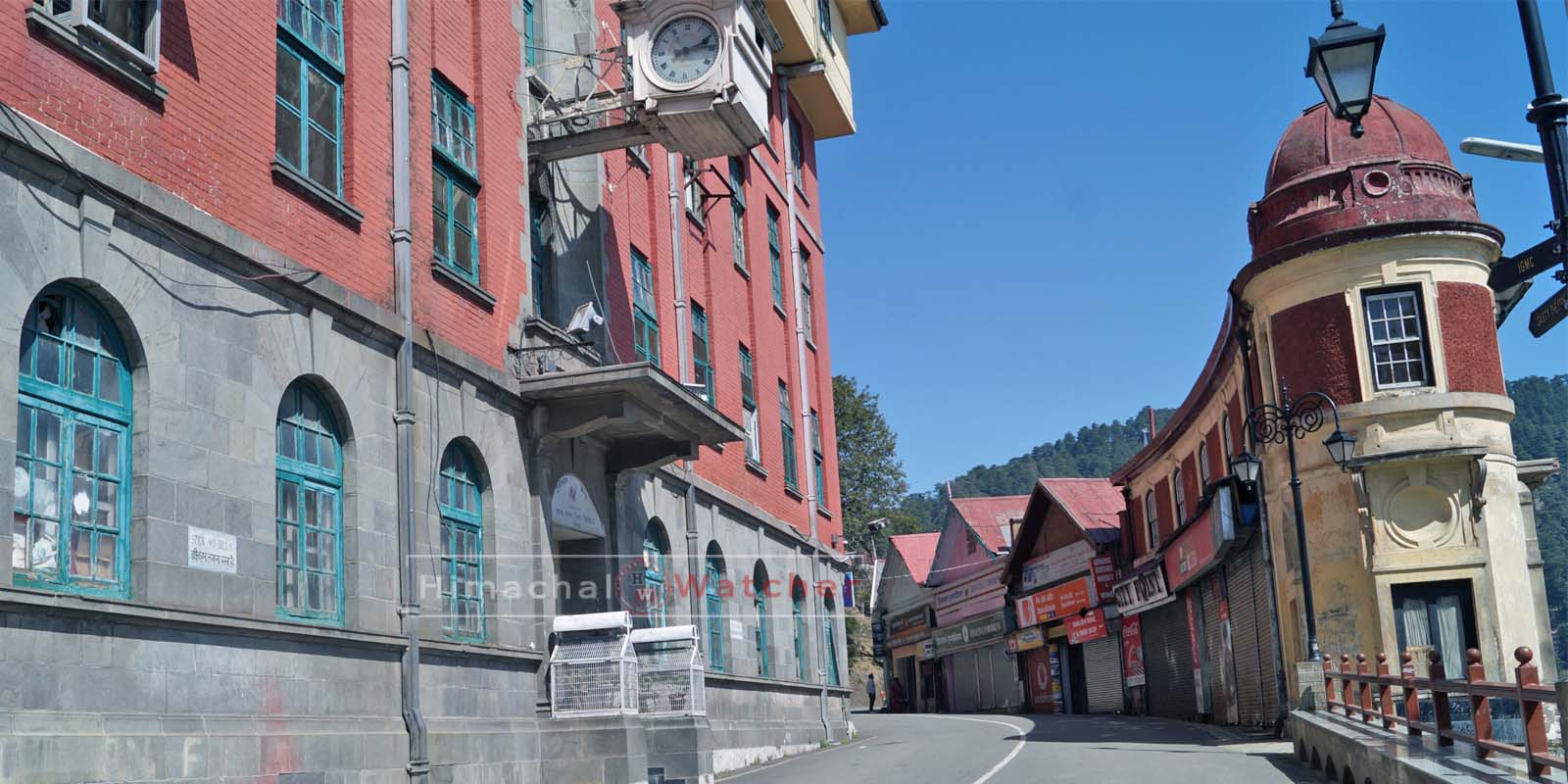
Shimla-Ministry of Home Affairs (MHA), on 15.04.2020, had issued an order to exempt certain activities under the consolidated revised guidelines to fight COVID-19, in certain areas not included in hotspots/containment zones.
Giving relaxation in the category of Commercial and private establishments, MHA has issued an order to all States/UTs, to allow opening of all shops registered under Shops & Establishment Act of respective States/ UTs, including shops in residential complexes, neighborhood & standalone shops.
Shops in market complexes, except those within the limits of municipal corporations and municipalities, would be allowed to open. Shops in single & multi-brand malls would not be allowed to open anywhere.
This Order implies that:
- In rural areas, all shops, except those in shopping malls are allowed to open.
- In urban areas, all standalone shops, neighborhood shops & shops in residential complexes are allowed to open. Shops in markets/market complexes and shopping malls are not allowed to open.
- It is clarified that sale by e-commerce companies will continue to be permitted for essential goods only.
- It is further clarified that sale of liquor and other items continues to be prohibited as specified in the National Directives for COVID-19 management.
It would be mandatory for all permitted shops to open only with 50% strength of workers, ensure compulsory wearing of masks and strict adherence to social distancing norms.
The shops in Himachal Pradesh are likely to remain closed for now as the State Government is yet to make a decision. The Government is likely to hold a meeting regarding the same soon.
These relaxations in lockdown restrictions would not applicable in hotspots/containment zones.
Nation
Most Covid Restrictions to be Lifted From March 31, Mask and Hand Hygiene to Continue
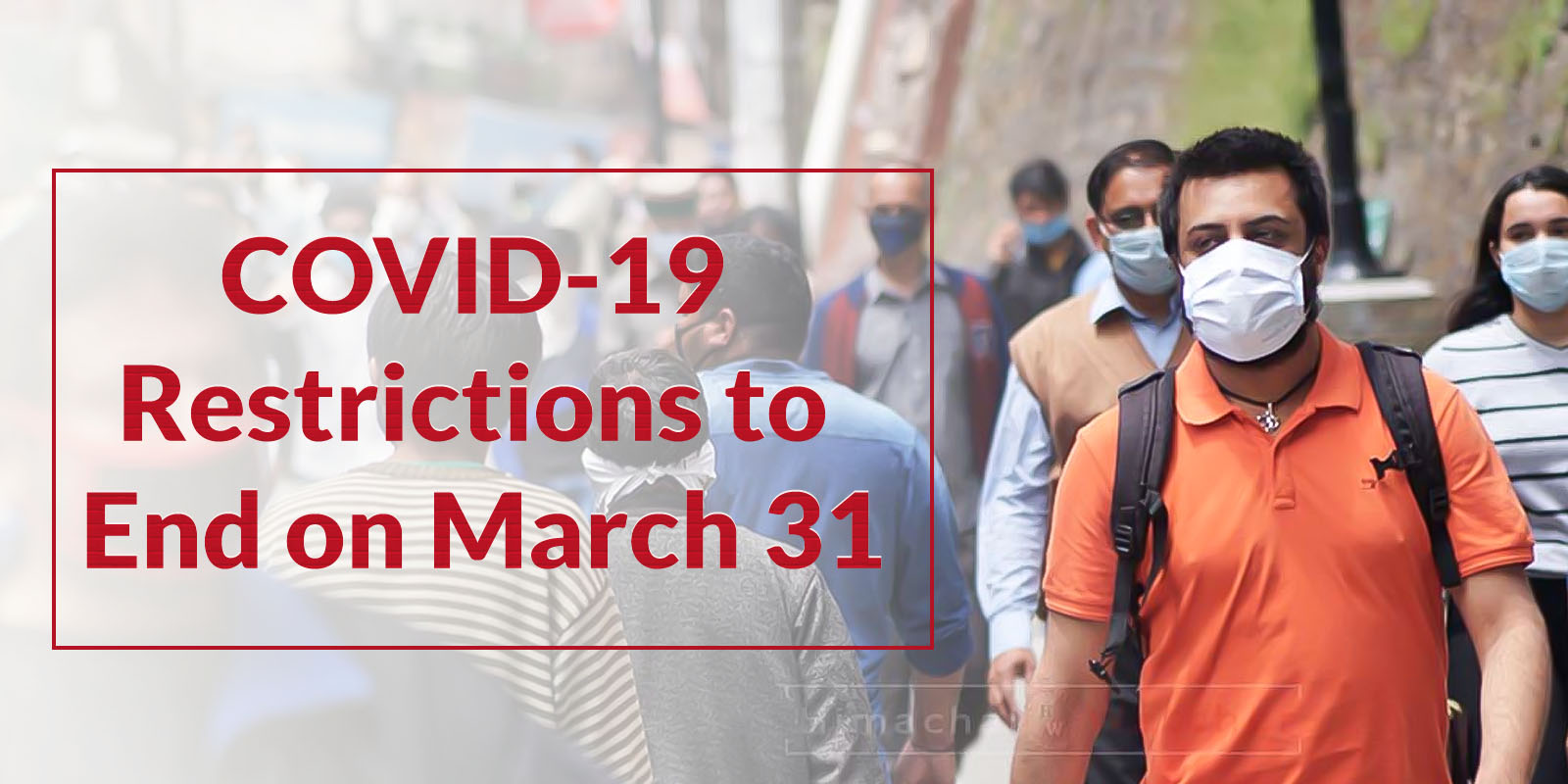
New Delhi-The Centre has issued a notification to the States informing that the provisions of the Disaster Management (DM) Act, 2005 will not be invoked in the country after March 31. The Union Health Ministry said that the use of face masks and following hand hygiene will continue.
It implies that most of the Covid-related rules and restrictions would end.
Union Home Secretary Ajay Bhalla issued the notification which said that the decision was taken following the overall improvement in the situation and the preparedness of the government in dealing with the COVID-19 pandemic.
However, local authorities and State police can still invoke fines and criminal cases against persons violating COVID-19 norms under the Indian Penal Code (IPC), a senior government official said.
The DM Act was invoked on March 24, 2020, due to the pandemic
“Over the last seven weeks or so there has been a steep decline in the number of cases. The total caseload in the country stands at 23,913 only and the daily positivity rate has declined to 0.28%. It is also worth mentioning that with the combined efforts, a total of 181.56 Cr vaccine doses have been administered,” the notification said.
“I would like to mention that in view of the nature of the disease, we still need to remain watchful of the situation. Wherever any surge in the number of cases is observed, the States/UTs may consider taking prompt and proactive action at a local level, as advised by MoHFW (Health Ministry) from time to time,” the notification said.
The Indian government had issued various guidelines and measures for the first time on March 24, 2020, under the Disaster Management Act to curb the COVID-19 situation in the country, which have been modified several times thereafter.
India currently has 23,087 active COVID-19 cases and recorded 1,778 new cases and 62 deaths in the last 24 hours. The daily positivity rate has also declined to 0.28%.
Nation
Vaccination of 15-18 Year Age Group in India from Jan 3, Precautionary Dose for Frontline Workers from Jan 10
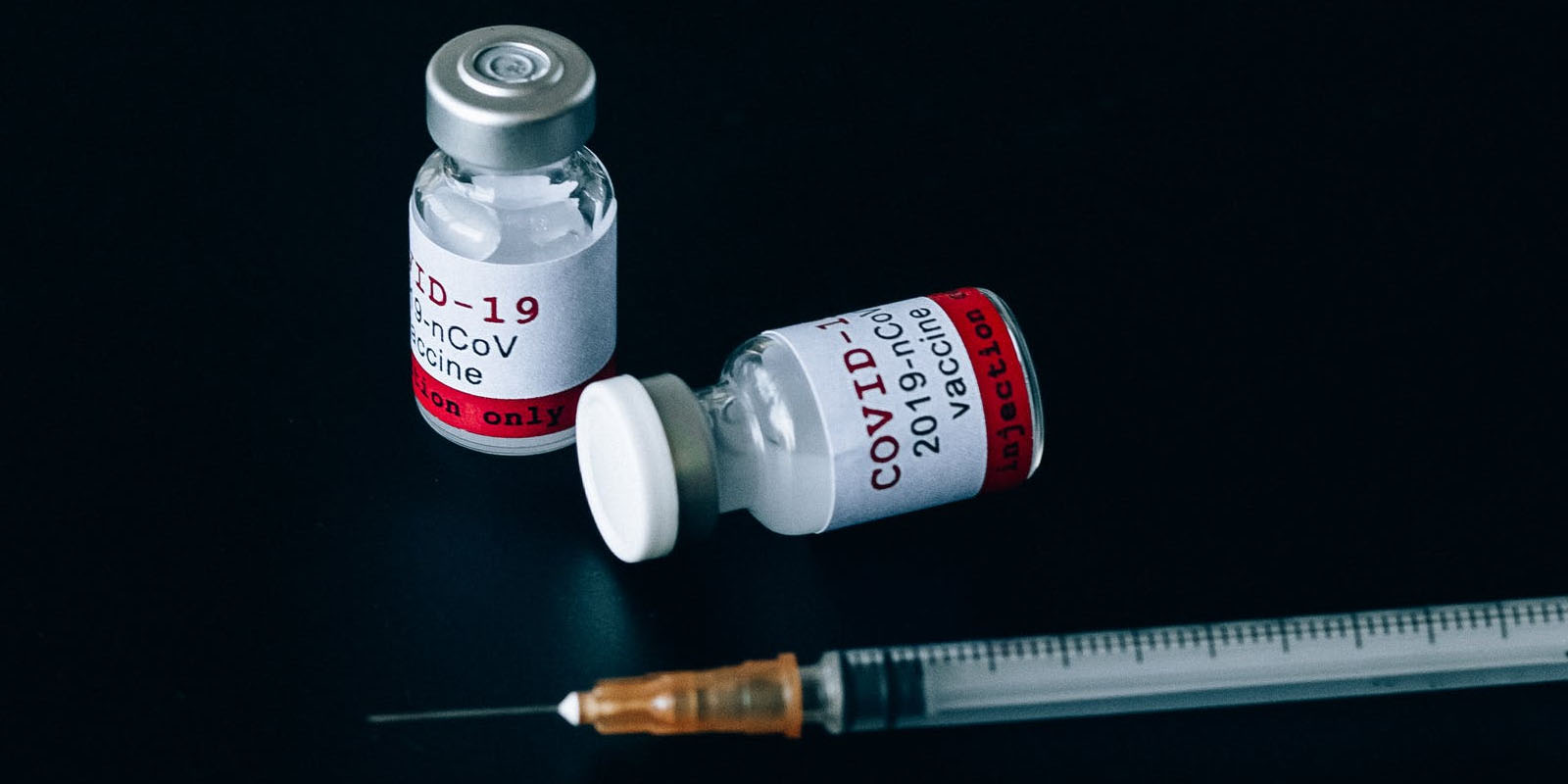
New Delhi-India will begin vaccination of the children in the age group of 15-18 years from 3rd January 2022. The move is likely to aid in education normalization in schools. The announcement was made by Prime Minister Narender Modi on Saturday evening. He also announced a precaution dose (booster dose) for healthcare and frontline workers from 10th January 2022, Monday.
In India, this has been called the ‘precaution dose’ not booster dose. An option of precaution dose will be available for senior citizens above 60 years of age with co-morbidities on the advice of their doctors from 10th January 2022.
Referring to the Omicron infections In India, the Prime Minister requested the people not to panic and to follow precautions such as masks and washing hands repeatedly.
According to the Government, the vaccination campaign started on 16th January this year has crossed the mark of 141 crore doses, and 61 percent of the adult population of the country has received both the vaccines and 90 percent of adults have received one dose.
According to the Government statistics, currently, the country has 18 lakh isolation beds, 5 lakh oxygen supported beds, 1 lakh 40 thousand ICU beds, 90 thousand ICU and Non-ICU beds especially for children, more than 3 thousand PSA oxygen plants, 4 lakh oxygen cylinders and support to states is being provided for buffer doses and testing.
The Prime Minister assured that soon the country will develop a nasal vaccine and the world’s first DNA vaccine.
Photo by Nataliya Vaitkevich from Pexels
Nation
Three Farm Laws to be Withdrawn, Announces PM Modi Ahead of Elections in Punjab and UP
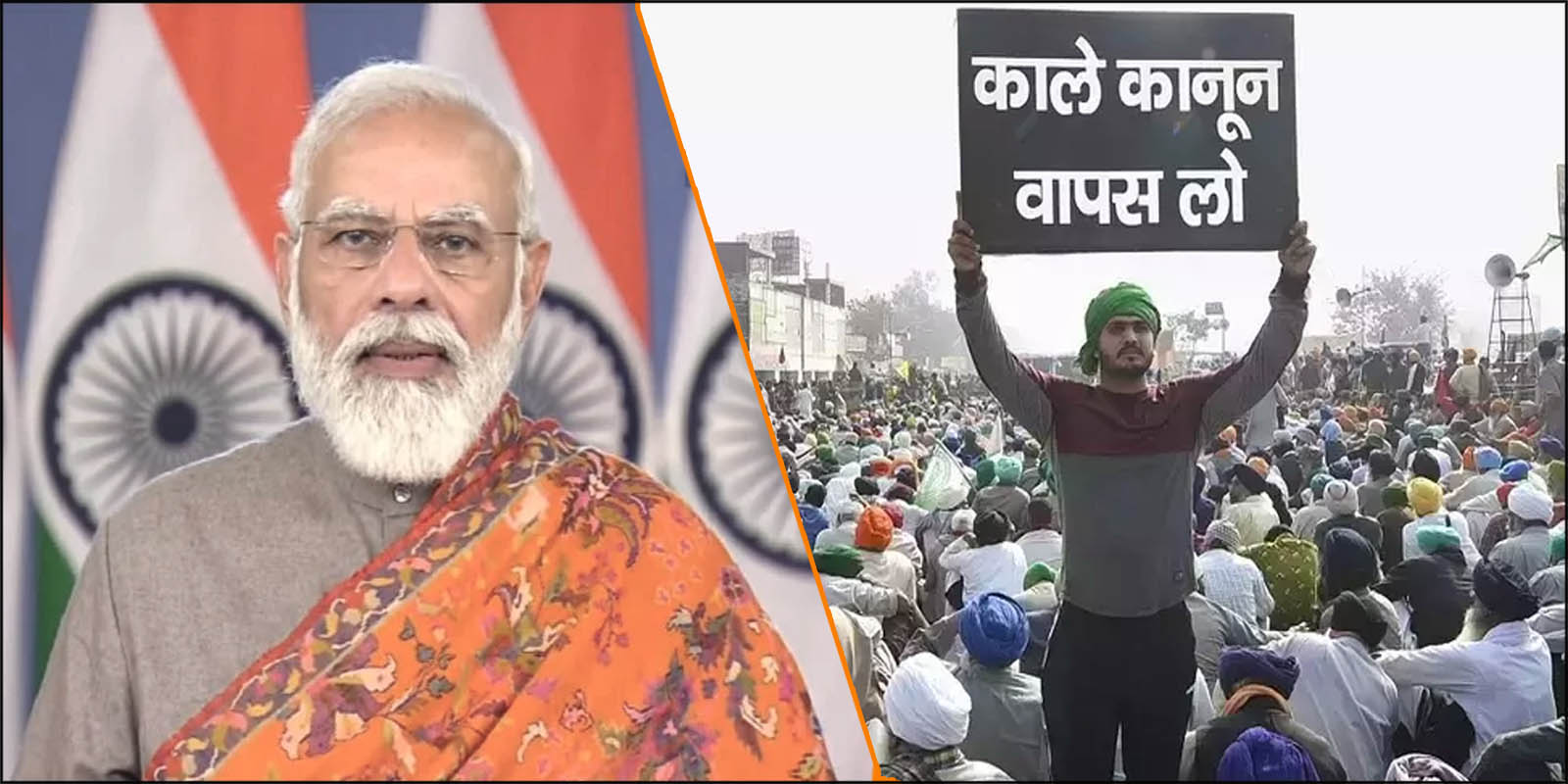
New Delhi: Ahead of assembly polls in Punjab and Uttar Pradesh, Prime Minister Narender Modi on Friday retreated from his stand on the three contentious farm laws and announced that the government will repeal three laws. He requested the protesting farmers to end the protest that has been going on for over a year now.
He said the three laws would be repealed in the winter session of Parliament starting later this month. He also said that though the laws were in the interest of the farmers, his government failed to convince them.
आज मैं आपको, पूरे देश को, ये बताने आया हूं कि हमने तीनों कृषि कानूनों को वापस लेने का निर्णय लिया है।
इस महीने के अंत में शुरू होने जा रहे संसद सत्र में, हम इन तीनों कृषि कानूनों को Repeal करने की संवैधानिक प्रक्रिया को पूरा कर देंगे: PM @narendramodi
— PMO India (@PMOIndia) November 19, 2021
The Prime Minister chose the occasion of Guru Nanak Jayanti to make this announcement. The decision is being perceived as an attempt to appease the farmers, especially in Punjab ahead of the assembly polls. Also, the results of by-poll held in various states are being seen as a setback to the ruling government that compelled it to reconsider its stand on the farm bills.
The Prime Minister said, “today I have come to tell you, the whole country, that we have decided to withdraw all three agricultural laws. In the Parliament session starting later this month, we will complete the constitutional process to repeal these three agricultural laws”.
It’s pertinent to mention that the Centre government had to announce a cut in taxes on petrol and diesel right after the results of bye polls were declared.
The three contentious bills are The Farmer’s Produce Trade and Commerce (Promotion and Facilitation) Bill, 2020, the Farmers (Empowerment and Protection) Agreement of Price Assurance and Farm Services Bill, 2020 and the Farmers’ Produce Trade and Commerce (Promotion and Facilitation) Bill.
The opposition Congress and farmers’ bodies have termed it a victory of their unity against the government’s decision. Former Chief Minister of Punjab, Captain Amarinder Singh was one of the first to welcome the decision through a Tweet.
Great news! Thankful to PM @narendramodi ji for acceding to the demands of every punjabi & repealing the 3 black laws on the pious occasion of #GuruNanakJayanti. I am sure the central govt will continue to work in tandem for the development of Kisani! #NoFarmers_NoFood @AmitShah
— Capt.Amarinder Singh (@capt_amarinder) November 19, 2021
यह जीत देश के किसानों की जीत है, लोकतंत्र की जीत है।
किसानों की जीत ने स्पष्ट कर दिया है- भारत में कभी तानाशाही हावी नहीं हो सकती, आखिर तानाशाह को झुकना पड़ा।#जीता_किसान_हारा_अभिमान pic.twitter.com/A9psOtBGq8
— Congress (@INCIndia) November 19, 2021


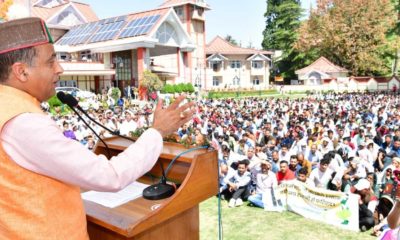

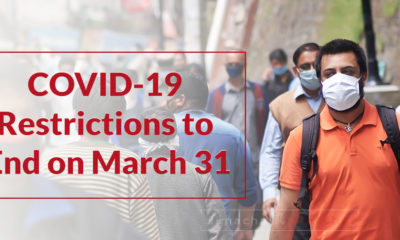

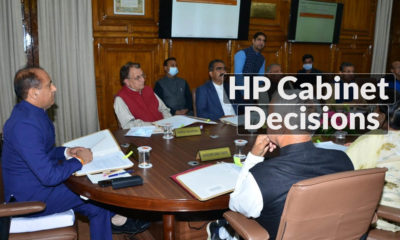




 Home Decor Ideas 2020
Home Decor Ideas 2020